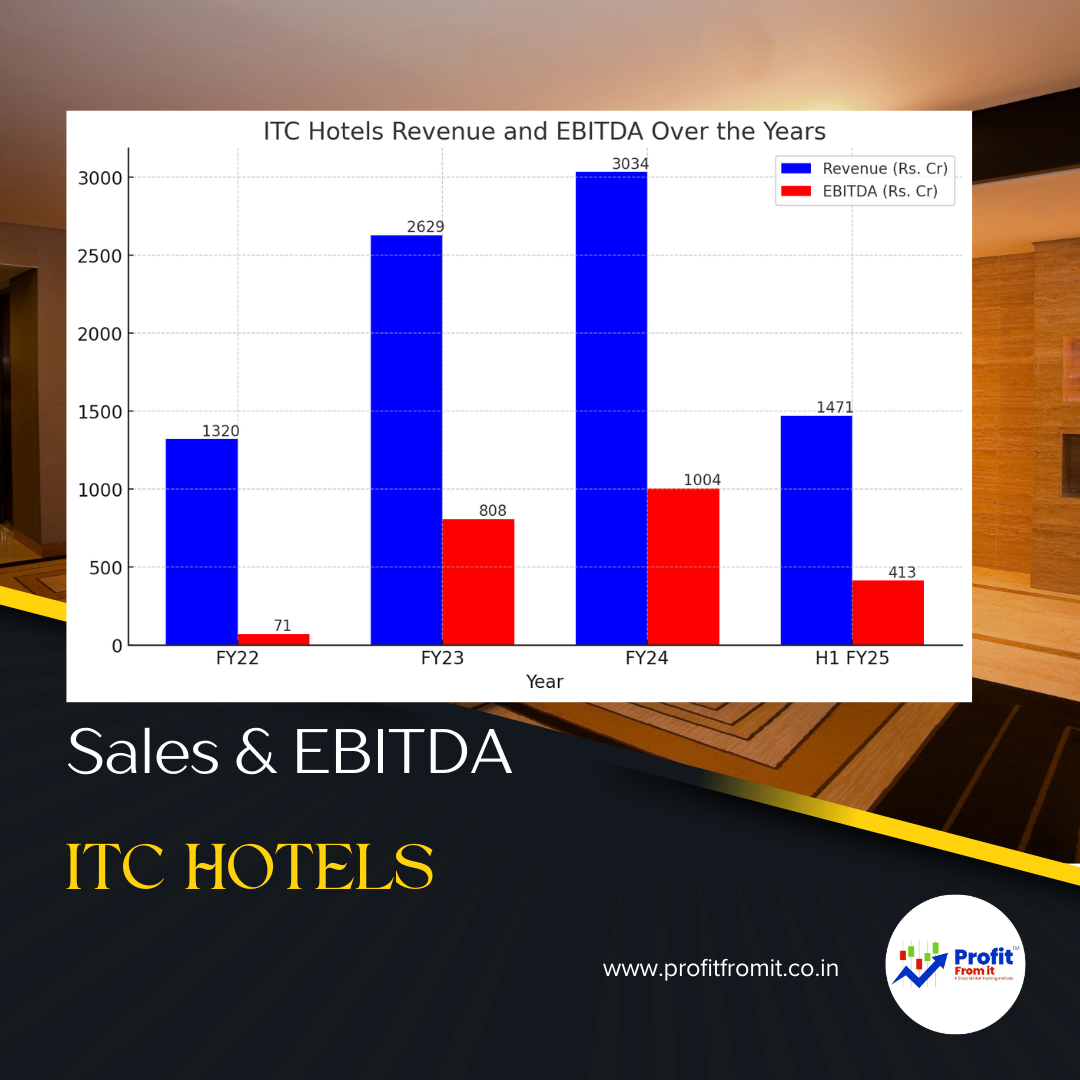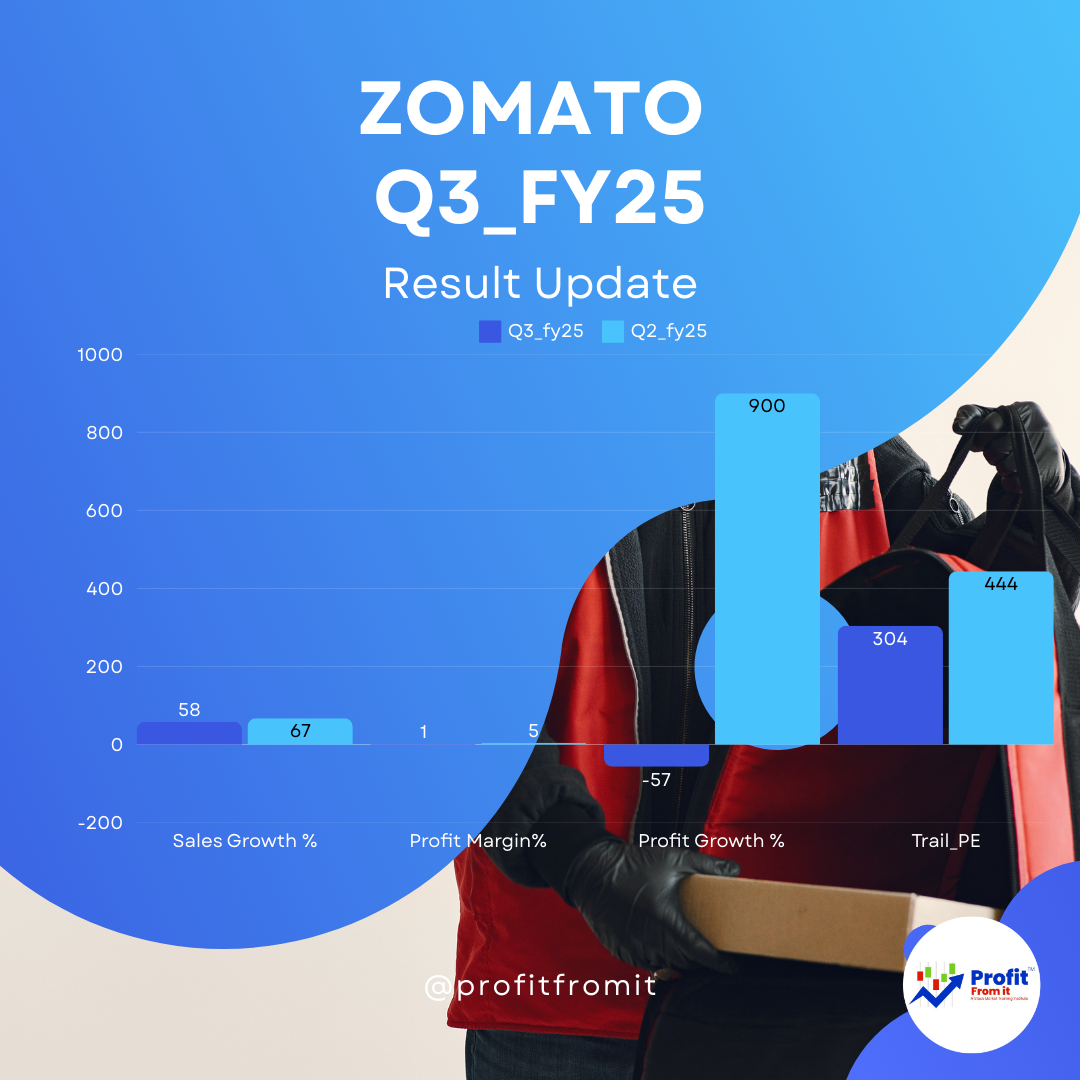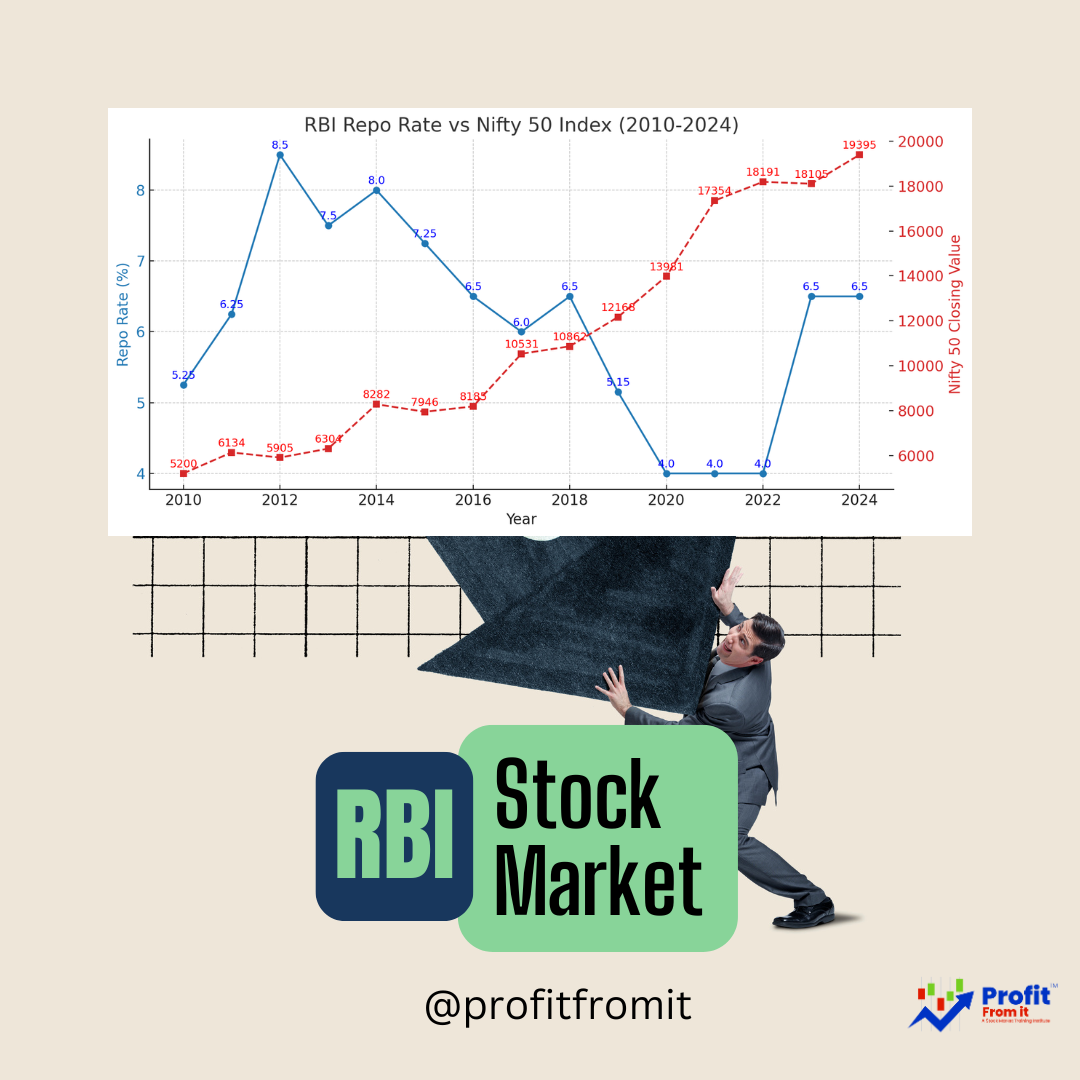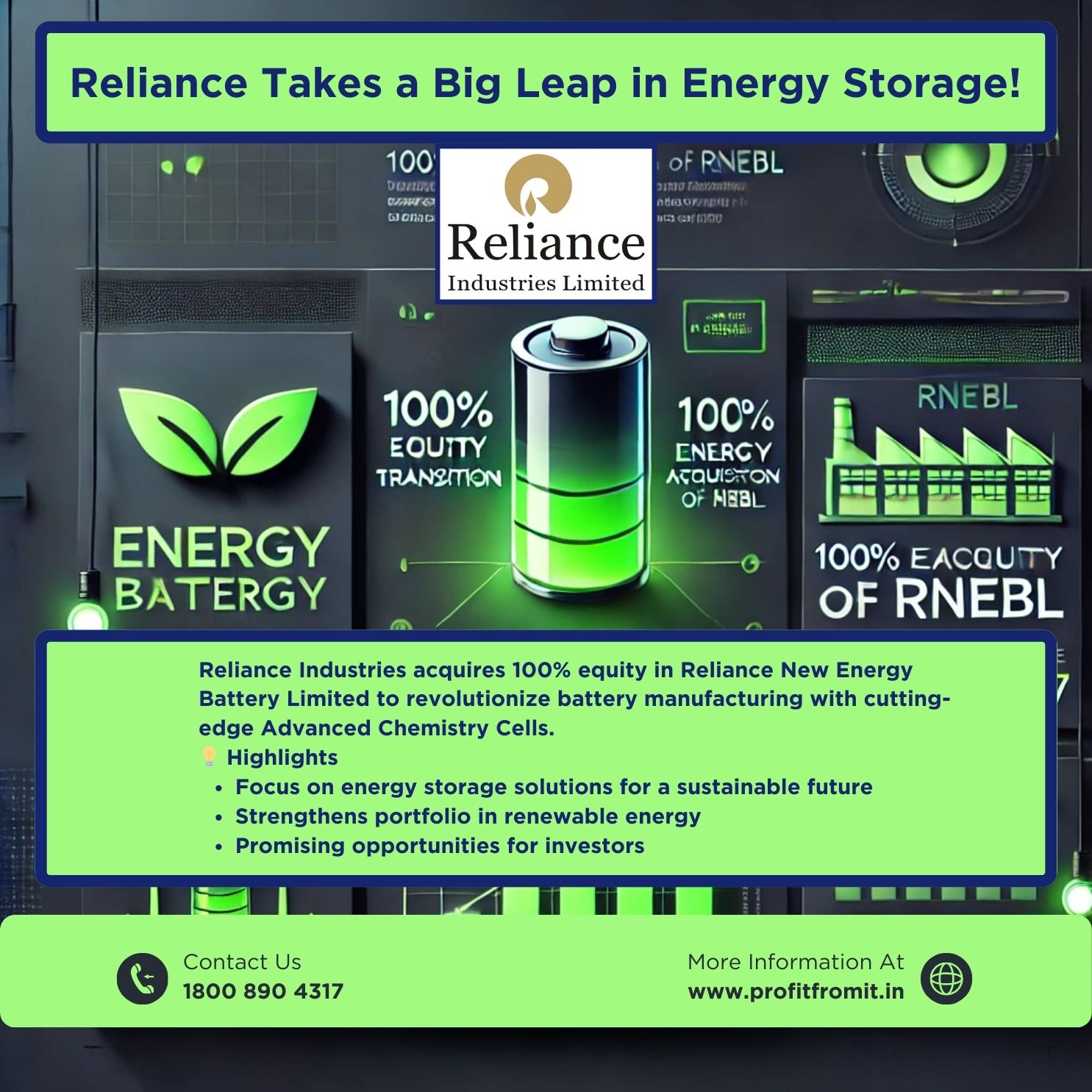
The global billionaire club has reached historic proportions—3,028 billionaires, collectively commanding an unprecedented $16.1 trillion in net worth. As per Forbes’ 2025 Billionaire List, the concentration of wealth has intensified, powerfully reshaping the financial, political, and industrial dynamics of the world. For investors, this evolution offers crucial insights into which industries are creating wealth, which countries dominate, and where opportunities may lie ahead.
🌍 Top Countries Creating Billionaires
Three countries account for more than 50% of the world's billionaires:
| Country | Number of Billionaires |
|---|---|
| 🇺🇸 United States | 902 |
| 🇨🇳 China (Incl. HK) | 516 |
| 🇮🇳 India | 205 |
The U.S. remains the dominant wealth engine, fueled by innovation, private equity, AI, and digital infrastructure.
China, despite regulatory tightening, maintains its edge through manufacturing, AI, and clean energy.
India is rapidly rising, driven by tech services, pharmaceuticals, infrastructure, and financial inclusion.
🏆 Top Billionaires of 2025
| Rank | Name | Net Worth (USD) | Key Companies |
|---|---|---|---|
| 1️⃣ | Elon Musk | $342 Billion | SpaceX, xAI, Tesla, X |
| 2️⃣ | Mark Zuckerberg | $216 Billion | Meta |
| 3️⃣ | Jeff Bezos | $215 Billion | Amazon |
| 4️⃣ | Larry Ellison | $192 Billion | Oracle |
| 5️⃣ | Bernard Arnault | $178 Billion | LVMH (Luxury Conglomerate) |
These names represent more than companies—they represent sectors driving global transformation: technology, e-commerce, AI, and luxury consumer goods.
🏗️ Top Industries Creating Billionaires (2025)
Based on recent data, here are the sectors producing the most billionaire wealth globally:
| Industry | Number of Billionaires | Key Drivers |
|---|---|---|
| 🏭 Manufacturing | 509 | Global exports, industrial tech |
| 💻 Technology | 443 | AI, software, platforms, innovation |
| 💰 Finance & Investments | 400+ | Hedge funds, private equity |
| 🛍️ Retail & Consumer | 300+ | E-commerce, brand dominance |
| 🏥 Healthcare | 200+ | Pharma, diagnostics, medical devices |
📊 Industry Shift: 2000 vs. 2025
The billionaire class of 2000 was driven by legacy wealth and traditional industries such as oil, steel, and real estate. Fast forward to 2025, the narrative has changed:
| Year | Dominant Industries |
|---|---|
| 2000 | Oil & Gas, Real Estate, Banking |
| 2025 | Technology, AI, Manufacturing, Retail |
This paradigm shift signifies a structural transition from asset-heavy to innovation-heavy industries. Investors must recognize that tech-enabled scalability is now the fastest path to global wealth.
👩💼 Women in Billionaire Ranks: Progress with Distance to Go
Only 13.4% of global billionaires are women. Notably:
🏆 Alice Walton is now the richest woman, overtaking L’Oreal’s Francoise Bettencourt Meyers.
📈 The richest self-made woman is Rafaela Aponte-Diamant, with a $37.7B fortune in shipping & logistics.
🔍 Investor Takeaways: Where Should You Focus Next?
📌 1. Technology is Non-Negotiable
Whether it's AI, digital infrastructure, or automation—tech is central to modern wealth creation.
📌 2. Manufacturing is Back
Global re-industrialization and China+1 strategy are revitalizing supply chains. Indian and Southeast Asian manufacturers present long-term value.
📌 3. Geographic Diversification
India and China are creating wealth at scale. Allocating investments geographically offers exposure to fast-growing economies.
📌 4. Legacy Industries are Evolving
Traditional sectors like real estate and retail are pivoting toward tech integration—invest in companies transforming, not stagnating.
📌 5. Monitor Demographics
Young billionaires (like Alexandr Wang, 28) are reshaping tech, while centenarian billionaires reflect the growing relevance of estate management and intergenerational wealth planning.
✨ Conclusion
The 2025 billionaire boom is more than a list—it’s a strategic map of capital flows, innovation, and opportunity. For discerning investors, understanding where wealth is being created (and lost) is paramount. From AI and e-commerce to precision manufacturing and sustainable shipping, the next wave of investment lies in recognizing where tomorrow's billionaires are building today.



 for Investors The provided chart outlines key metrics for Nifty 500 companies across different periods (FY22 t.png)





